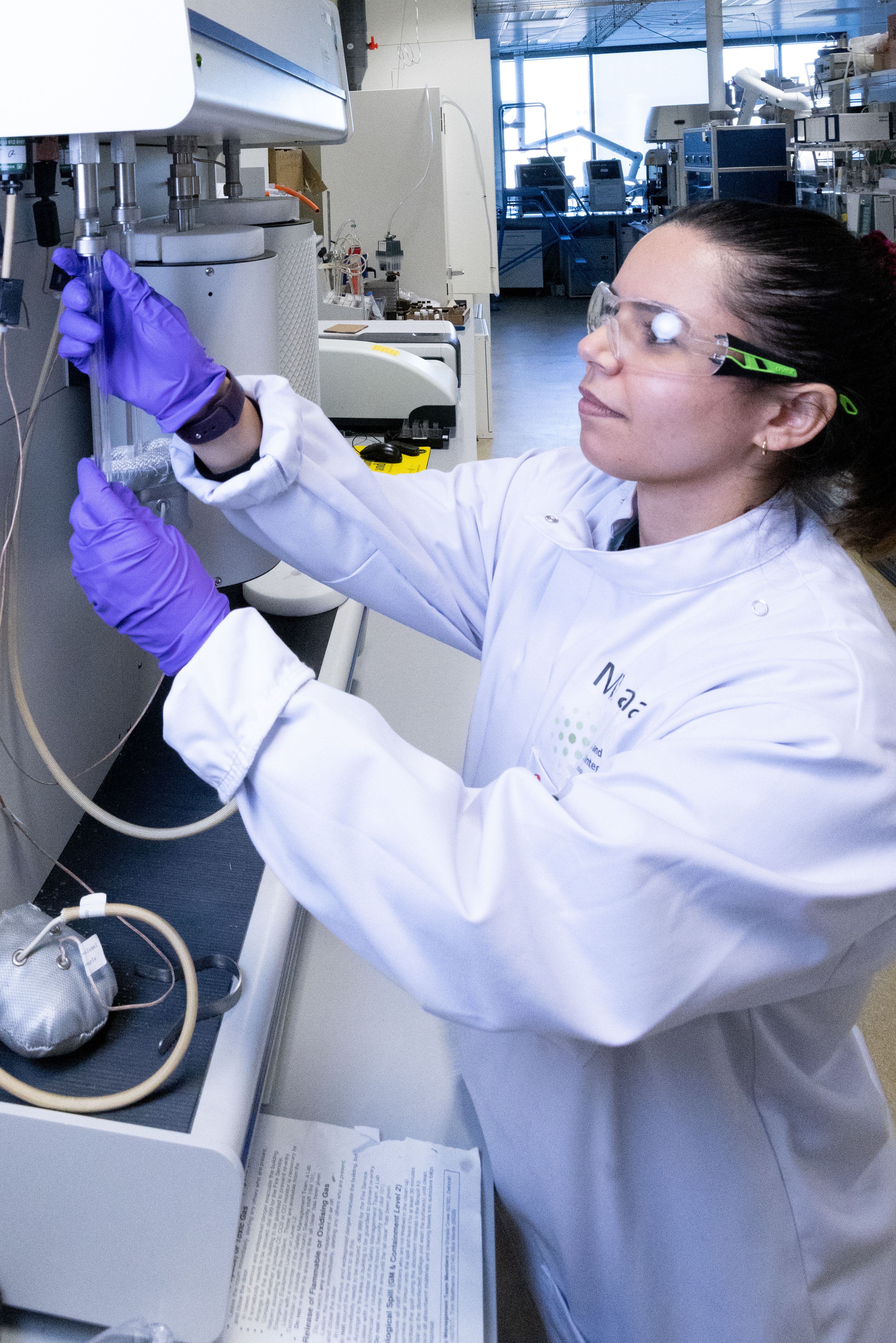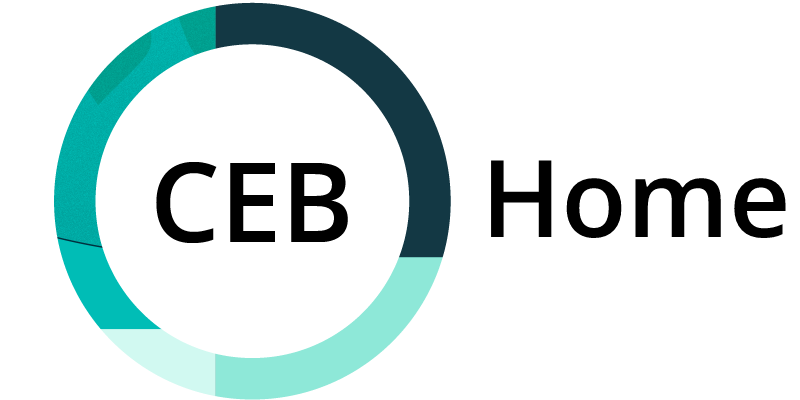MPhil in Advanced Chemical Engineering
Develop your skills in advanced aspects of the discipline, as well as essential areas of business and management, such as technology policy, economics, and sustainable processes.

The discipline and practice of Chemical Engineering is currently undergoing profound changes, which will have an important impact on the need for advanced training.
The sphere of operation and employment of chemical engineers is likely to lie increasingly well outside the conventional core of the discipline (for example in life sciences, chemistry, the environment, new materials and microelectronics), and therefore the challenge is to ensure that the core curriculum contains the essential knowledge and advanced skills required to undertake work at these interfaces. Due to the increasingly dynamic nature of global industries and rapid advances in scientific research, graduates will need to have advanced and durable skills which will enable them to be effective in companies where speed of change and product scope can occur rapidly.
Our MPhil in Advanced Chemical Engineering (MPhil ACE) programme is unique because:
- candidates receive an education both in advanced aspects of Chemical Engineering and in essential areas of business and management, such as technology policy, economics, and sustainable processes;
- there are opportunities to develop professional problem-solving skills; and
- it offers conventional research experience at a leading academic institution.
About the programme
The rationale of the programme is to enhance the attractiveness to employers of highly capable engineers and scientists. Courses of this type have been shown to make alumni highly appealing to industry, government and academia.
The objectives of the programme are to:
- provide students with advanced technical skills in Chemical Engineering that will enable them to (a) translate fundamental discoveries in life sciences, materials and other high technology areas to commercial exploitation, and (b) adapt readily to the challenges presented in a diverse range of industrial sectors that can benefit from process engineering approaches;
- enable students to solve problems within a technical environment, particularly with regard to problem definition, team-working, organisation and delivery of objectives within the constraints imposed by the time and information available;
- provide students with engineering administration skills, such as reorganisation of existing company structures and technology licensing, together with the requisite knowledge of raising capital, financing, marketing, environmental legislation and sustainability; and
- provide training in research, such that students are able to define, organise and undertake a research project within a specified period of time and to report it in an acceptable manner.
The deployment of technology by business, industry and government is increasingly bound up with complex economic, socio-political, regulatory, administrative and environmental issues. There is thus a need to provide engineers and scientists with the knowledge and skills required to provide competent leadership in the constructive development and assembly of technology.
Programme content
The M.Phil ACE programme is a full-time course occupying one year and is structured as follows:
Michaelmas Term: students come into College residence in Cambridge in late September and attend Department induction in early October. During the Term, students take five taught modules from a list of core Chemical Engineering and elective subjects.
Lent Term: students take another five taught modules from the list supplied.
March - August: During this period students undertake a full-time research project within the University, the results of which are submitted as a dissertation. The research projects are supervised by University staff members, and students will be required to plan and execute their own work. The projects may include extensive industrial collaboration.
Modules are taught by a combination of formal lectures, demonstrations, discussion classes and example problems, and students are expected to devote at least four evenings per week to private study. The taught material enhances basic knowledge on chemical engineering fundamentals, as well as offering experience of other science and business-based disciplines. The courses are assessed by both unseen examination and written coursework. Examples of modules that may be offered are included below. The elective courses are taught by academic staff at the Department of Engineering and the Judge Business School.
Core chemical engineering modules
- Biophysics
- Bionanotechnology
- Biosensors & Bioelectronics
- Computational Fluid Dynamics & FEA
- Electrochemical Engineering
- Interface Engineering
- Optical Microscopy
- Pharmaceutical Engineering
- Rheology & Complex Fluids
Elective modules
- Materials and Molecules: Modelling, Simulation and Machine Learning
- Nuclear Power Engineering
- Electricity and Environment
- Climate Change Mitigation
- Water Management under Climate Change
- Innovation & Strategic Management of IP
- Strategic Management
- International Business
Assessment
The assessment of taught modules involves a combination of some or all of the following:
- Coursework - individual or group
- Class participation
- Written examination
- Presentations - individual or group
The research projects will be examined by appraisal of a dissertation and seminar.
To earn the MPhil degree, students are expected to pass satisfactorily both the taught and research components of the course.
Entry requirements
Because of the advanced technical coursework and examinations to be undertaken, the intake will be made up primarily of students with a very good first class honours degree in Chemical Engineering, and who show consistency in achievement across all subjects studied.
The extent of the programme will require students who are very highly motivated, innovative, able to work efficiently both on their own and in a team and who have high levels of perseverance. Candidates who do not possess these qualities will struggle with the intensive coursework and challenging written examinations. Applicants will need to demonstrate to the assessment panel a high level of commitment and diligence, irrespective of formal academic qualification, when they apply.
All shortlisted applicants will be interviewed before an offer of admission is formally recommended. Interviews may be conducted by telephone, video-conference or in person.
How to apply
All applications must be made through the Graduate Admissions Office. Full information, including descriptions of colleges, funding available and a downloadable application pack, can be found on their website.
In the Graduate Application Form, applicants are expected to complete a 'reasons for applying' section, which should address why the Cambridge M.Phil. ACE programme is an appropriate course of study. This should not be a duplication of any text already contained within the Graduate Application Form. Applicants may wish to indicate a general field of research that would be of interest, although this is not mandatory.
Typical costs for full-time study, including University and College fees and maintenance (living costs), for home, EU and overseas students are given in the Fees and Costs section.
If you require funding, please see the Funding section.
The Department supports the University's initiatives in addressing Equality and Diversity issues.
For more information
Please visit the University of Cambridge's Course Directory:
Contact us
If you have any questions about the course, please contact the M.Phil. ACE Programme Manager, Dr Sarah Rough.
© Martin Bond
© Martin Bond
Back to study with us
Explore our undergraduate course, taught postgraduate programmes, and research opportunities.



